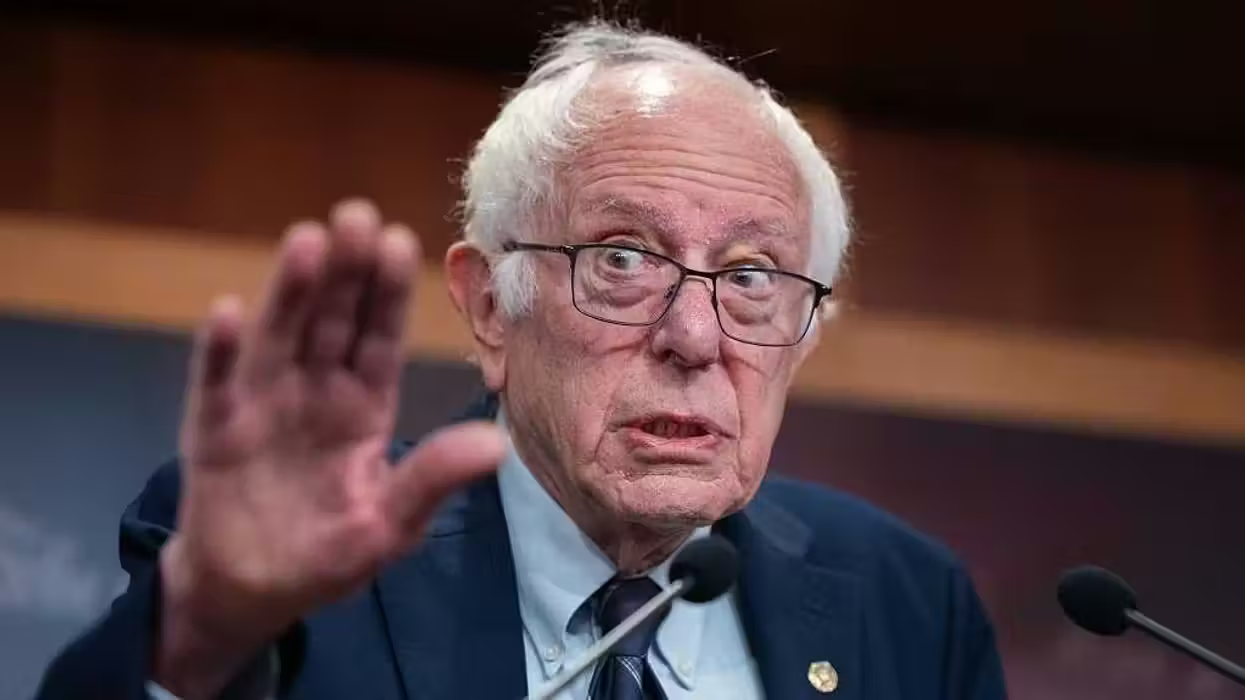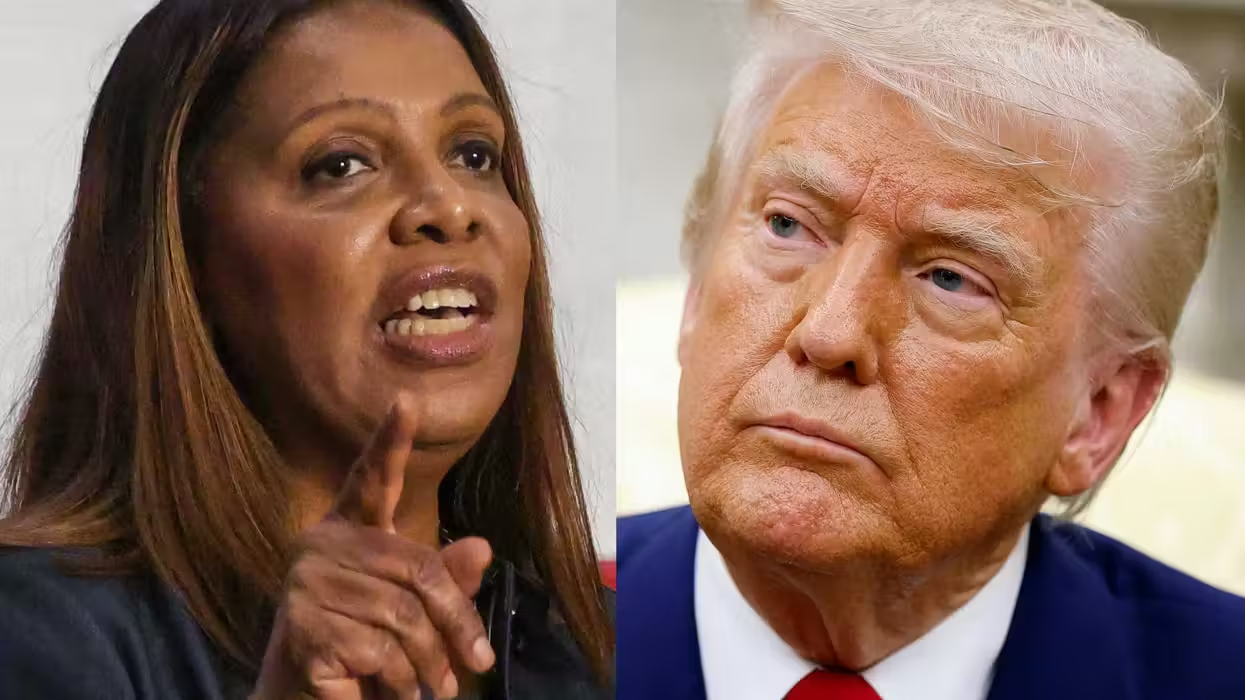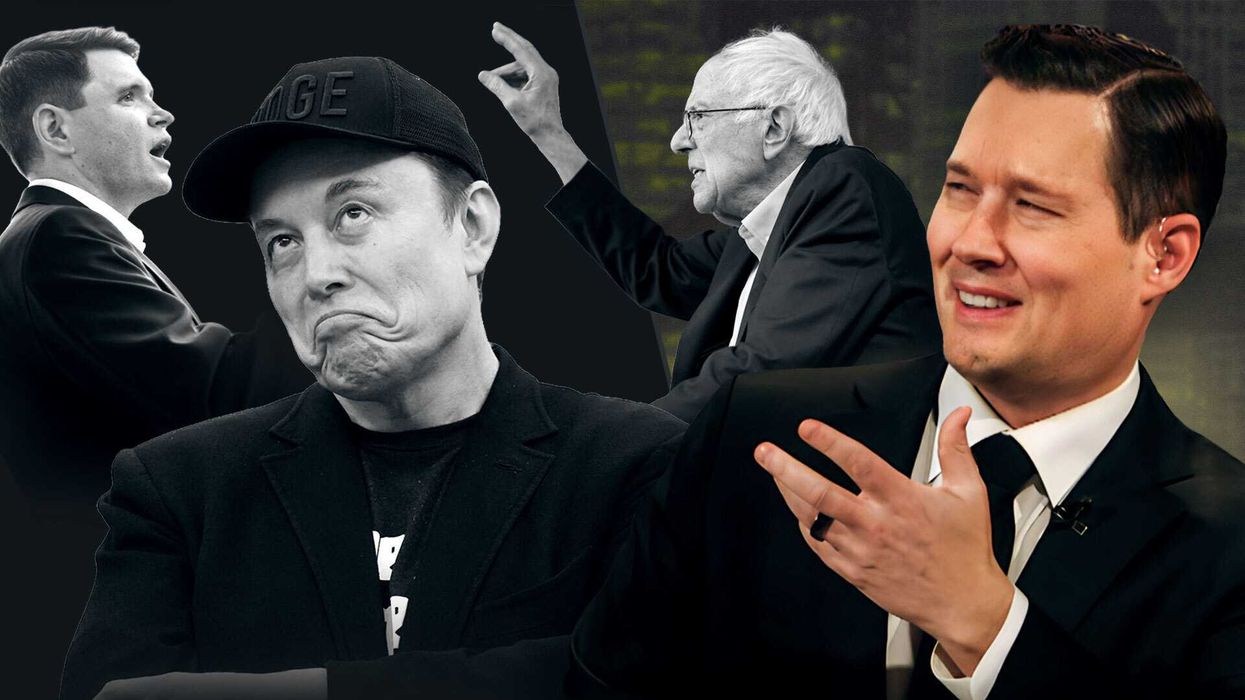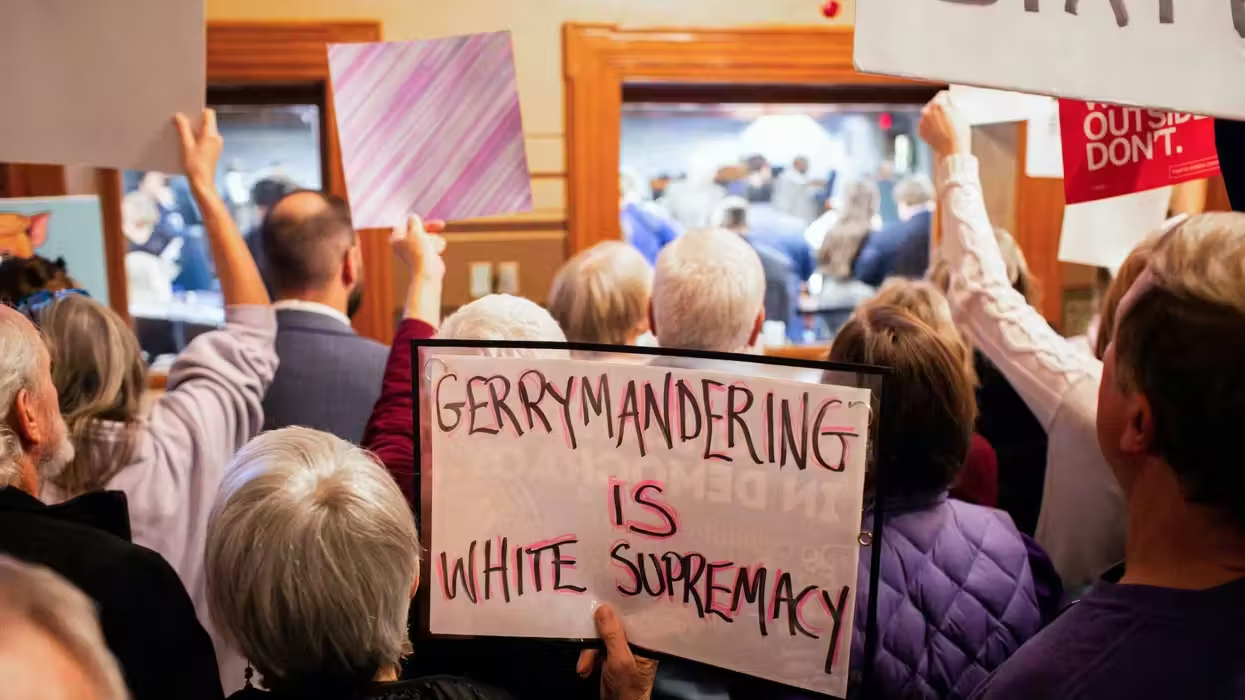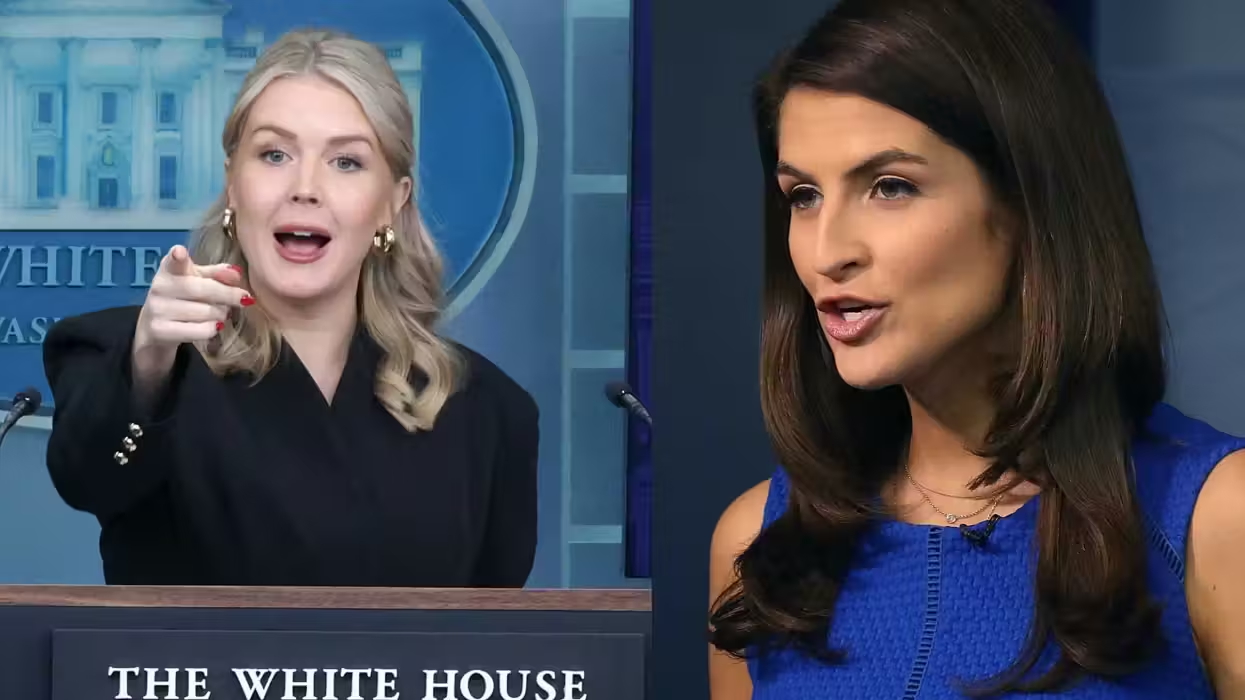
© 2025 Blaze Media LLC. All rights reserved.
It’s not that Ron Paul moved closer to the center but rather that the center of American political discussion moved closer to him.
Rep. Ron Paul gave a farewell address to Congress on Wednesday. Ed Kilgore of the Progressive Policy Institute wrote in a Capitol Hill newspaper that he is “not going to miss Paul’s tirades.” Yes, establishment Washington is tired of hearing about peace and civil liberties, freedom and sound money.
The remarkable thing about Paul’s farewell is how much it sounded just like what he’s been saying since he was first elected to Congress in 1976: The federal government is spending too much, printing too much money, and launching too many wars.
For most of that time Paul labored in the semi-obscurity that befalls most members of the House of Representatives. But over the past six years he has become an Internet sensation, attracted college students like the Pied Piper, and made libertarianism part of the political debate.
His 2008 presidential campaign exploded out of nowhere when he clashed over foreign policy with the now-forgotten Rudy Giuliani in a nationally televised debate. But his 2012 campaign was much more successful in attracting votes and delegates. Paul didn’t change much in four years. What did?
In 2007 (which is when he got the most attention in the last cycle), Ron Paul warned that an economy based on debt and cheap money from the Federal Reserve was not sustainable, but the economy was booming and nobody wanted to listen. After the crash of 2008, they started listening.
In 2007, he said we should replace the Federal Reserve and fiat money with the gold standard, and even some libertarians said things like, “What’s the beef with the Fed? They’ve dramatically reduced the volatility of the business cycle while achieving low, reasonably constant inflation.” Nobody scoffed at criticism of the Fed after the crash.
In 2007, Ron Paul criticized excessive federal spending, but with a Republican in the White House Republicans weren’t so interested. With even more excessive spending by a Democratic president, spending became a central issue of the Obama years.
In 2007, Ron Paul criticized endless military intervention, but most Republicans were content to repeat, “The surge is working.” By 2011, even Republicans were getting weary of war.
In 2007, Ron Paul said that Congress and the president should not act outside their powers under the Constitution, but Republicans didn’t want to hear about unconstitutional acts by a Republican president. After the bailouts and the health care takeover and Obama’s unauthorized war in Libya, all the Republican candidates at least talked about restoring the Constitution.
It’s not that Ron Paul moved closer to the center but rather that the center of American political discussion moved closer to him.
One thing nobody ever points out is that Ron Paul is the San Antonio Spurs of Congress. When they won their third NBA championship in seven years, Washington Post sports columnist Mike Wise praised the resilience of the Spurs, who kept coming back to win without ever being quite a Bulls-style dynasty. He said the Spurs “had their crown taken away twice since 2003 and got it back both times.”
Similarly, Ron Paul is the only current member of Congress to have been elected three times as a non-incumbent. Given the 98 percent reelection rates for House members, it’s no great shakes to win three terms — or 10 terms — in a row. It’s winning that first one that’s the challenge. And Ron Paul has done that three times.
He first won in a special election for an open seat. He then lost his seat and won it back two years later, defeating the incumbent. After two more terms he left his seat to run unsuccessfully for the U.S. Senate. Twelve years later, in 1996, he ran again for Congress, again defeating an incumbent, this time in the Republican primary. Some political scientist should study the political skills it takes to win election to Congress without the benefit of incumbency — three times.
Like many libertarians, I’ve had my differences with Ron Paul on trade agreements, immigration, gay rights and federalism, and his failure to repudiate the associates who put his name on their bigoted newsletters. But as long as he keeps recruiting people, especially young people, to the cause of limited constitutional government, sound money, and non-intervention, I’m glad to see him making an impact.
It’s a tragedy that the people who want a smaller, less intrusive government at home often support an interventionist U.S. policy abroad, and vice versa. Ron Paul’s campaigns helped to bring those people together. He ran TV ads in which he said, “I’m the only presidential candidate who’ll bring our troops home from Iraq immediately and stop wasteful government spending.” And he drew thousands of students at campuses across the country with that message of peace and freedom.
Watch or read his farewell address, and you’ll see him talking about liberty on issues from raw milk to the president’s kill list, from drug laws to “warfare, welfare, deficits, inflationism, corporatism, bailouts and authoritarianism.”
And you see him talking about first principles: “The immoral use of force is the source of man’s political problems. … To develop a truly free society, the issue of initiating force must be understood and rejected.” Ron Paul has a passionate and deeply informed commitment to individual liberty and to peace. He will be missed in Congress, but we can hope he won’t stop writing and talking about limited constitutional government
David Boaz is executive vice president of the Cato Institute and author of 'Libertarianism: A Primer and The Libertarian Vote.'
Want to leave a tip?
We answer to you. Help keep our content free of advertisers and big tech censorship by leaving a tip today.
Want to join the conversation?
Already a subscriber?
more stories
Sign up for the Blaze newsletter
By signing up, you agree to our Privacy Policy and Terms of Use, and agree to receive content that may sometimes include advertisements. You may opt out at any time.
Related Content
© 2025 Blaze Media LLC. All rights reserved.
Get the stories that matter most delivered directly to your inbox.
By signing up, you agree to our Privacy Policy and Terms of Use, and agree to receive content that may sometimes include advertisements. You may opt out at any time.

